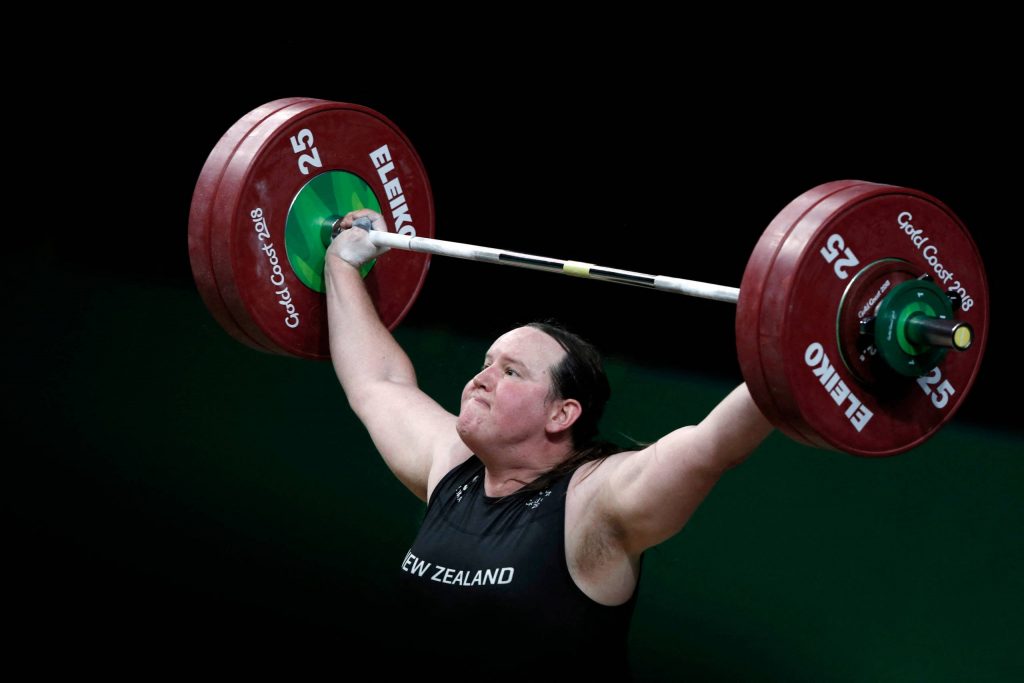
The transformed weightlifter will make his debut at the Tokyo Olympics on Monday
Participation in the Laurel Hubbard weightlifting competition in New Zealand will mark a historic moment in tokyo olympics, This Monday. However, their participation also generates a heated debate over one of the most contentious issues in the sport.
Hubbard, 43, competed in the men’s categories before beginning the gender transition process at age 30.
She became eligible to compete against other women after meeting the International Olympic Committee (IOC) criteria for transgender athletes.
The International Olympic Committee celebrated her participation in the Games as a transgender woman. “Laurel Hubbard is a woman and competes according to the rules of her federation. We must respect his courage and perseverance,” Richard Budget, medical director of the International Olympic Committee, told the press in Tokyo.
However, their presence in Tokyo in the women’s over 87kg category sparks a complex debate about issues of bioethics, human rights, science, equality and identity in sport.
Hubbard’s supporters believe that qualifying for the Games is a victory for inclusion and transgender rights.
Others believe he has an unfair advantage over his rivals due to the physical abilities he inherited decades ago when he was competing in the men’s category.
Debate on this topic is intense and sometimes aggressive, especially on the Internet, which has led the New Zealand Olympic Committee to take steps to protect Hubbard from “trolls” on social media.
However, the IOC acknowledges that Hubbard’s presence raises some legitimate questions about whether Hubbard, in agency parlance on these issues, has an “unequal competitive advantage”.
For Dr. Richard Budget, it is not easy to compare men and women, and transgender women may experience decreased performance during the transition.
The most important thing for him is to do more research on the topic and he adds, “I don’t think there have been transgender women at the highest level yet and I think the risks to women’s sports may have been overstated.”
The IOC understands that the new framework, which provides simple guidelines for international federations rather than strict rules, is not the last word on this issue, which will continue to be debated for a long time to come.
“There has to be a fair way to get what we need and whatever that balance may be, some are likely to criticize it. That would not be the ultimate solution,” said IOC spokesman Christian Clau.
Leave your comment

“Proud explorer. Freelance social media expert. Problem solver. Gamer. Extreme travel aficionado.”
